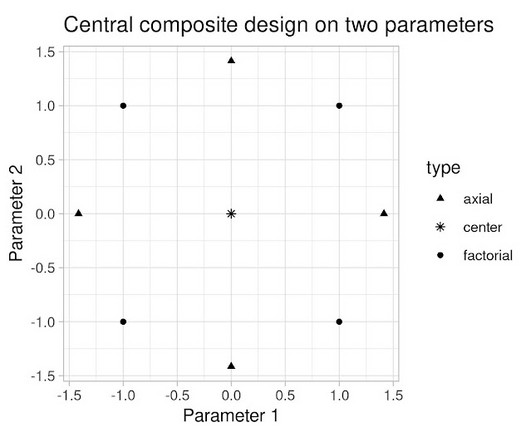Enterprise Data Science Workflows with AMPs and Streamlit
Cloudera
JULY 27, 2021
Here in the virtual Fast Forward Lab at Cloudera , we do a lot of experimentation to support our applied machine learning research, and Cloudera Machine Learning product development. Only through hands-on experimentation can we discern truly useful new algorithmic capabilities from hype. Not all of them require a unique front-end.














Let's personalize your content